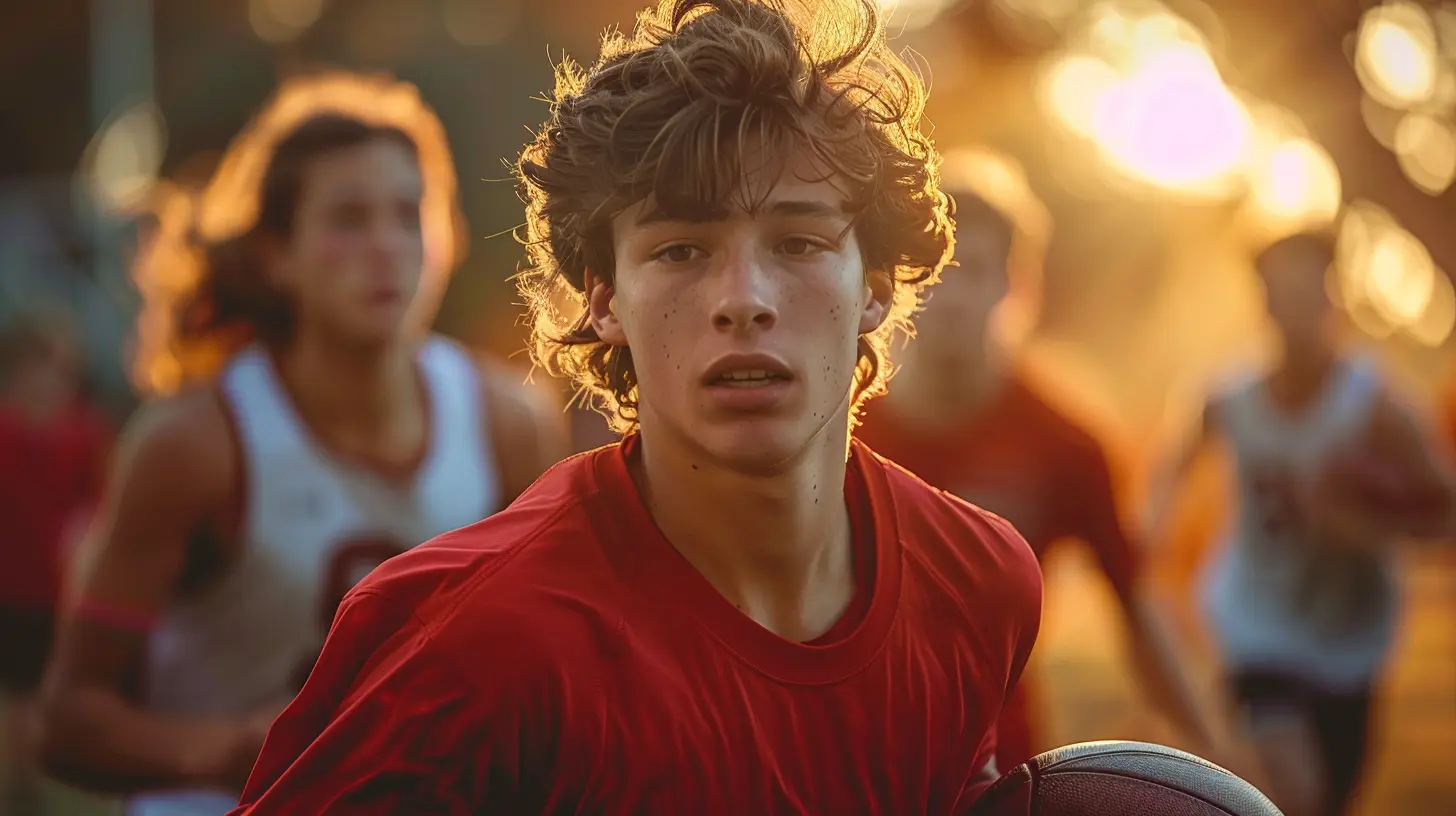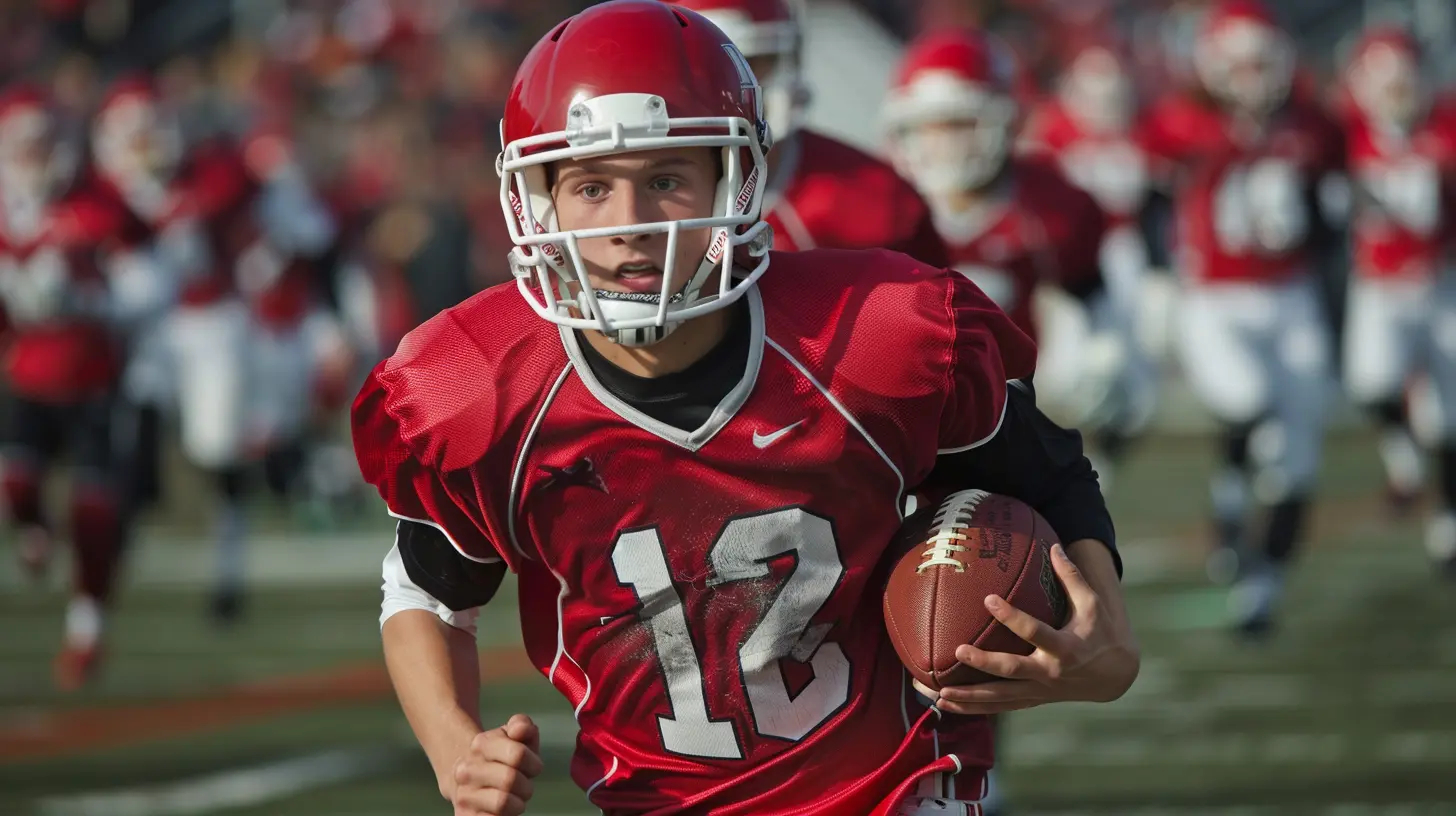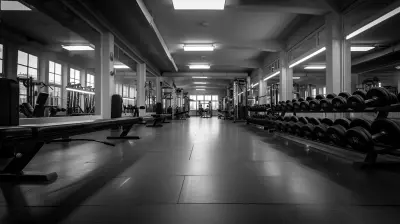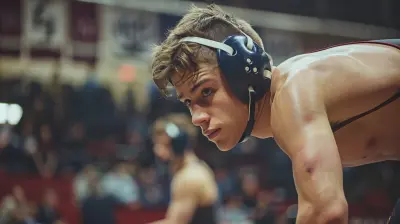2 December 2024
High school is a wild ride—between balancing academics, friendships, and extracurricular activities, it’s a wonder any teenager gets enough sleep. Now, imagine piling on multiple sports into the mix. If you're a multi-sport high school athlete or know one, you already understand that it's not just a physical challenge but a mental and emotional juggling act as well.
While playing more than one sport can make you a stronger, more well-rounded athlete, it’s not without its hidden hurdles. In this article, we’re going to dive into the unseen challenges of being a multi-sport high school athlete, examining everything from time management to physical burnout and mental strain. It's not just about showing up for practice—it's a whole lifestyle.

The Time Crunch: It’s More Than Just Practice
Let’s be real—high school athletes are busy as it is. Add a second or third sport into the mix, and suddenly there aren't enough hours in the day. Between school, homework, practice, games, and maybe even a part-time job, the time crunch is very real.When you’re playing multiple sports, it's not uncommon for seasons to overlap or for practices to be scheduled back-to-back. You might go straight from soccer practice to basketball practice, and somewhere in between, you’re expected to fit in homework and studying. Realistically, how are you supposed to manage it all?
The challenge isn’t just about attending practices and games, though. There’s also travel time, team meetings, and the often-overlooked need for recovery. Multi-sport athletes are constantly racing against the clock, and that can lead to some serious stress.
The Struggle to Balance Schoolwork
Academics don’t just magically disappear because you’re an athlete. In fact, many high schools have strict rules about maintaining a certain GPA to stay eligible for sports teams. But when you’re juggling two or more sports, finding time to study can feel like trying to squeeze a watermelon into a snack-sized baggie—it just doesn’t fit.Multi-sport athletes often find themselves staying up late to finish homework or study for exams, cutting into their sleep and recovery time. And let’s face it, running on fumes is not a sustainable way of living. This constant battle between school and sports can lead to academic struggles, and for some, it can even mean sacrificing grades for the sake of their athletic commitments.

Physical Burnout: When Your Body Says “Enough”
We often hear about the physical benefits of being a multi-sport athlete—how it can improve overall athleticism, reduce the risk of overuse injuries, and make you more versatile. But there’s a flip side that doesn’t always get the attention it deserves: physical burnout.When you're constantly pushing your body to the limit, the risk of injury increases. It’s like driving a car without ever changing the oil—eventually, something’s going to break down. Multi-sport athletes are more prone to overuse injuries, especially if they don’t give their bodies enough time to rest between sports seasons.
Overlapping Seasons and Lack of Recovery Time
One of the biggest challenges for multi-sport athletes is the lack of off-season recovery. If you’re playing sports year-round, your body doesn’t have much time to heal and regenerate. Sure, you might be switching from football to basketball or from track to baseball, but that doesn’t mean your muscles, joints, and tendons are getting the rest they need.Without proper rest and recovery, athletes are more susceptible to injuries like sprains, strains, and stress fractures. And the problem with injuries is that they don’t just take you out of one sport—they can impact all of them. An injury in one season can carry over into the next, potentially sidelining you for the rest of the year.

Mental Fatigue: The Invisible Toll
Physical fatigue is easy to spot. You’re sore, you’re tired, and maybe you’re limping a little. But mental fatigue? That’s a whole different beast, and it’s one that multi-sport athletes face constantly.Playing multiple sports doesn’t just tax your body; it taxes your mind. The mental strain of memorizing playbooks, learning different strategies, and adjusting to various coaching styles can be overwhelming. One minute you’re focusing on the intricacies of a zone defense in basketball, and the next, you’re switching gears to perfect your footwork in soccer. Your brain is in overdrive, and that can lead to mental burnout.
Pressure to Perform and the Fear of Letting People Down
There’s also the pressure to perform. When you’re a multi-sport athlete, people expect you to excel in everything you do. Coaches, teammates, and even parents often have high expectations, and the fear of letting them down can weigh heavily on your shoulders.The constant need to prove yourself in different sports can lead to anxiety and stress. You might feel like you’re never good enough, no matter how well you perform. And this pressure can start to chip away at your love for the game. Instead of playing because you enjoy it, you’re playing to meet expectations, which can take the fun out of sports altogether.

The Social Sacrifices: Missing Out on “Normal” High School Life
Let’s not forget the social aspect of high school. While your friends are hanging out after school, going to parties, or just chilling on the weekends, you’re probably at practice, traveling to games, or recovering from a tough match.Being a multi-sport athlete often means missing out on social events and the “typical” high school experience. You’re constantly on the go, and your schedule revolves around practices, games, and tournaments. Sure, you’ve got your teammates, but sometimes you miss just being a regular high school kid.
The Isolation Factor
While being part of multiple teams can build strong bonds with your teammates, it can also create a sense of isolation from your non-athlete friends. You may start to feel like you’re living in a different world—one where sports, training, and performance are all that matter. It’s easy to lose touch with friends who aren’t involved in sports, and before you know it, your social circle might shrink.For some multi-sport athletes, this isolation can lead to feelings of loneliness. You’re so focused on your sports commitments that you start to feel disconnected from the rest of the high school experience. And while sports are important, they shouldn’t come at the cost of your mental and emotional well-being.
Managing the Expectations: Parents, Coaches, and Peers
Let’s talk about expectations. As a multi-sport athlete, you’re not just managing your own expectations—you’re also dealing with the expectations of parents, coaches, and peers. And believe me, that’s a lot of weight to carry.Coaches want you to give 110% to their sport, but what happens when you’re playing another sport at the same time? You can’t be in two places at once, and that can lead to conflict. One coach might want you to prioritize their practices or games, while another is asking for the same thing. It’s a tug-of-war, and no matter what you do, someone’s going to be disappointed.
Parental Pressure
Then there’s the pressure from parents. Many parents love the idea of their child being a multi-sport athlete, but they might not fully understand the toll it takes. They want to see you succeed, but that can sometimes translate into pushing you harder than you’re comfortable with.When parents become overly invested in your athletic career, it can feel like you’re playing for them rather than for yourself. And that can lead to resentment or burnout. It’s important to have open conversations with your parents about your limits and how you’re feeling both physically and mentally.
The Benefits of Being a Multi-Sport Athlete: It’s Not All Bad!
Okay, we’ve covered a lot of the challenges, but let’s not forget that there are some serious benefits to being a multi-sport athlete too. Despite the hurdles, playing multiple sports can make you a more versatile athlete, improve your coordination, and even reduce the risk of overuse injuries (when managed properly).You’ll develop a wide range of skills, from agility and endurance to teamwork and leadership. Plus, playing different sports can keep things fresh and exciting. You’re less likely to get bored or burned out when you’re switching things up throughout the year.
Cross-Training Benefits
One of the best things about being a multi-sport athlete is the natural cross-training that occurs. Each sport challenges your body in different ways, which can help you develop a broader range of athletic abilities. For example, the endurance you build from playing soccer might help you last longer in a basketball game. Or the hand-eye coordination you develop in baseball could improve your performance on the tennis court.Finding Balance: The Key to Success as a Multi-Sport Athlete
So, how do you find balance as a multi-sport athlete? It’s all about prioritizing self-care, managing your time, and being honest with yourself about your limits. Here are a few tips to help you navigate the challenges:1. Communicate with Your Coaches: Let them know if you’re feeling overwhelmed or if your schedule is too packed. Most coaches will be understanding and might even help you find ways to manage your workload.
2. Make Time for Rest and Recovery: Your body needs time to heal and recover, especially if you’re playing year-round. Don’t be afraid to take a day off—rest is just as important as training.
3. Stay Organized: Use a planner or calendar to keep track of your practices, games, and schoolwork. Being organized can help you avoid last-minute stress and ensure you’re staying on top of everything.
4. Listen to Your Body: If something doesn’t feel right—whether it’s physical pain or mental exhaustion—listen to your body. Pushing through injuries or burnout will only make things worse in the long run.
5. Don’t Be Afraid to Say No: If playing multiple sports is becoming too much, it’s okay to scale back. Your well-being should always come first.












Vanta Phillips
Intriguing perspective! It’s fascinating how juggling multiple sports impacts both performance and personal growth for athletes.
February 14, 2025 at 12:55 PM